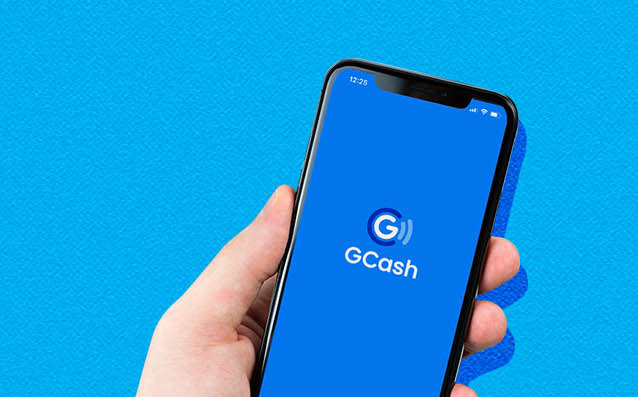Rundown: Common e-wallet phishing scams to watch out for
SPONSORED ARTICLES
Suspicious links, gambling promos and fake representatives are among the prevalent e-wallet scams.
GCash warned its subscribers about the rise of phishing scams being sent in text messages, emails and messaging apps.
This reminder came after it drew backlash for unauthorized fund transfers that affected many app users in May.
The common schemes targeting the users of e-wallet service GCash are:
Online gambling scam
Some gambling websites are asking for users’ GCash accounts for access. Hackers use fake websites that look like the app’s interface to deceive victims into entering their mobile numbers, OTP and MPINs.
GCash advised its members to be wary of the gambling site if it is registered with PAGCOR.
It also advised them to check the URLs and read the text messages first before giving away their personal data.
“When asked to link your GCash account, always check the URL or name of the link to make sure you are on the GCash portal. Legitimate GCash portals begin in https:// and only end in ‘gcash.com’ while suspicious portals may have a series of numbers in the beginning, extra characters, and have misspelled words (ex. Gccash vs GCash),” the company said.
“When requesting an OTP, always read the SMS to make sure you are not unknowingly linking a foreign device to your account. Never share your MPIN and OTP to anyone, including suspicious online gaming sites,” it added.
Fake prizes
GCash reminded users that it will never send rewards, promotions and other similar giveaways through SMS, emails and messaging apps and other similar platforms.
“All legitimate rewards and promos will only be communicated through the official GCash app, so never click on links and never share your MPIN and OTP to anyone. Always make it a habit to check any SMS or email you receive. Any communication from an unexpected or unfamiliar sender with an offer that’s too good to be true is usually a phishing scam,” the company said.
Frozen accounts
Some fraudsters are pretending to be representatives of the company to acquire personal information from their victims.
To convince their target recipients, they will tell them that their accounts were supposedly put on hold or frozen.
GCash further told its users that it does not prompt account activation through their phone calls or other messaging apps.
“All transactions are only done through the official GCash app, including resolving concerns related to your account,” it said.
Those who have encountered fraudulent or suspicious activities on the app may report their experience to GCash’s Help Center at help.gcash.com/hc/en-us.
They can also message their chatbot named Gigi by sending the message “I want to report a scam.”
Rundown: Common e-wallet phishing scams to watch out for
Source: Political Elections PH

Walang komento